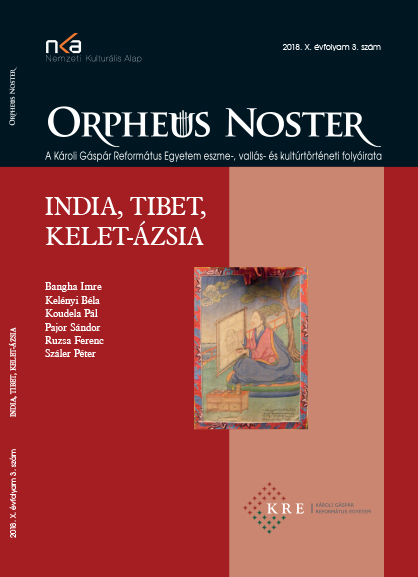Észrevételek a kelet-ázsiai régió történeti-kulturális megközelítéséhez
Remarks on the Historical-Cultural Approach of the East Asian Region
Author(s): Pal KoudelaSubject(s): History, Cultural history, Geography, Regional studies, Regional Geography, Historical Geography, Comparative history
Published by: Károli Gáspár Református Egyetem
Keywords: East Asia; macro region; Sinosphere; China; Japan; Korea
Summary/Abstract: It is a difficult task to find the balance in compiling different historical, cultural, religious, economic, political and even geographical components of a possible indicator to find the boundaries of a greater region. Many ideas exist about East Asia as a landscape or a region, and perhaps the most well-known is the historical concept of the Sinosphere. Th is mental formation is broadly built on historically developed cultural elements and the dominance of China. An additional characteristic is the presumed existence of, and the one-way functioning of, the interrelatedness between historical states as individual players. In this essay we do not try to define a precise macro region, but make remarks on some important details of these cultural and historical elements, the concepts on which the region is built. Th e cognitive superstructure begins to fall apart if these details are examined closely. We focus on the historical concept of a politically organised interdependency and vulnerability, and emphasise its ideological origins in China. Agro-economic features and the development of common rice cultivation – despite huge geographical disparities – are also discussed. Language, religious diff erences (e.g. the role of Confucianism and Shinto) as well as economic networks, their historical and current relevance (e.g. the Bamboo network or the Japanese Zaibatsu) and other social factors are also the subjects of our analysis.
Journal: Orpheus Noster. A KRE Eszme-, Kultúr-, és Vallástörténeti Folyóirata
- Issue Year: X/2018
- Issue No: 3
- Page Range: 37-56
- Page Count: 20
- Language: Hungarian

